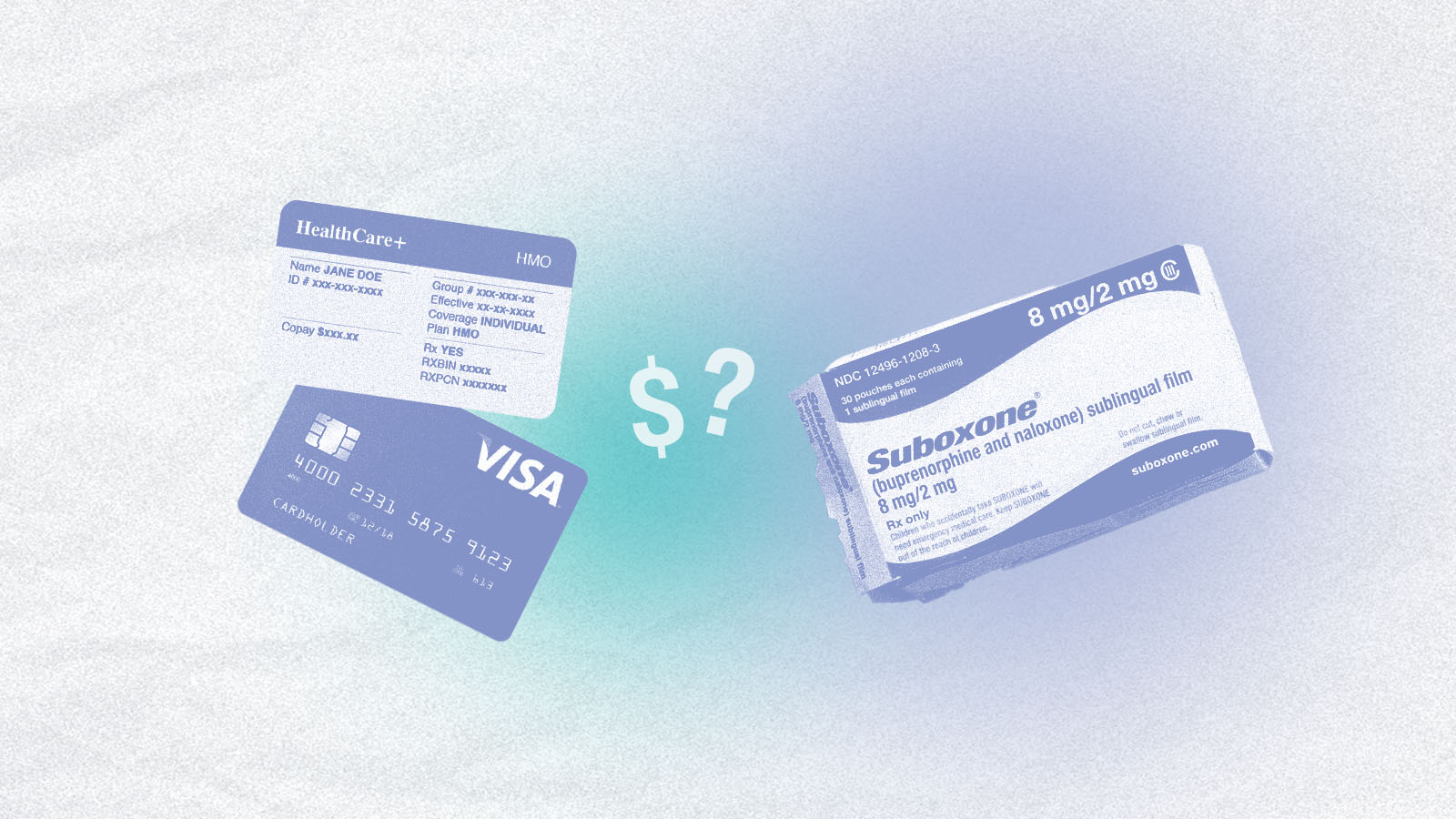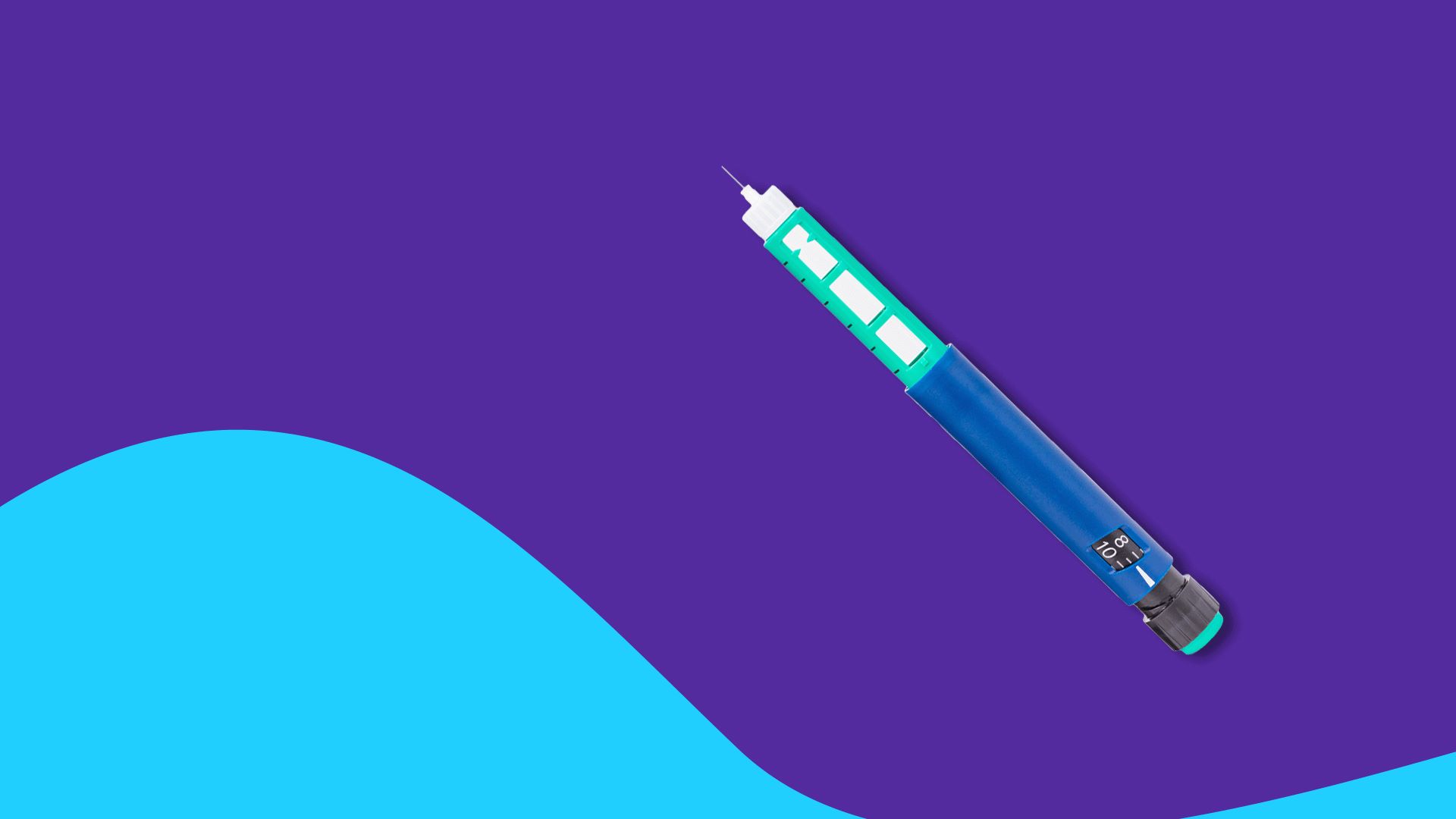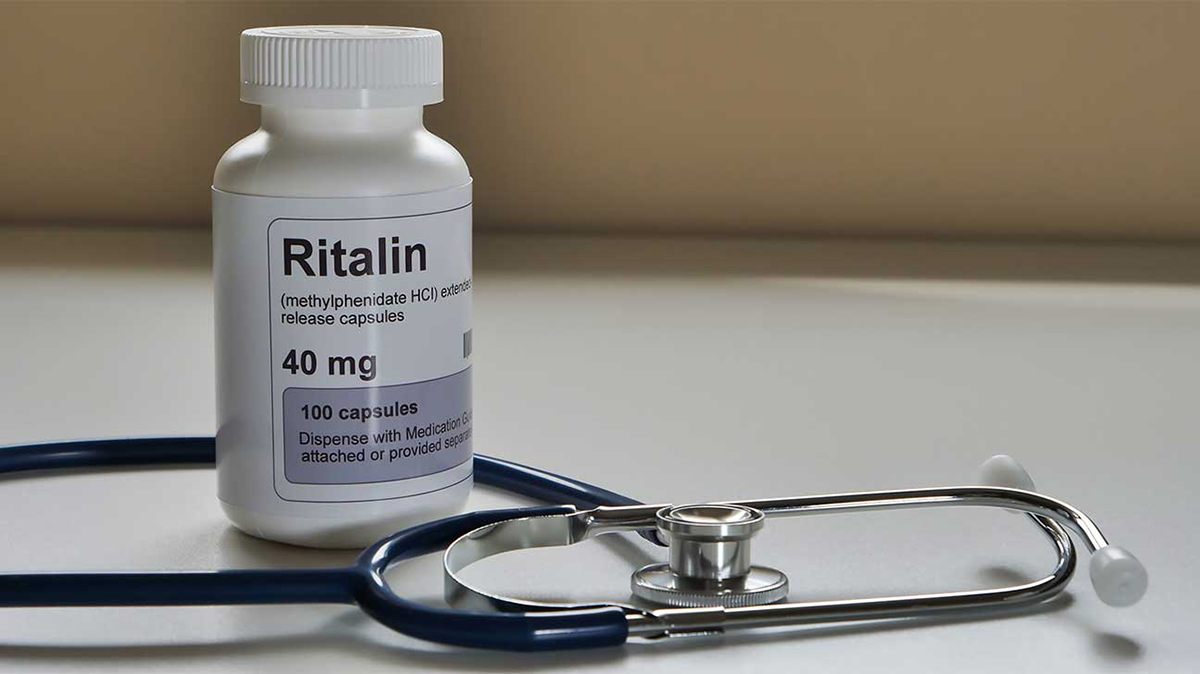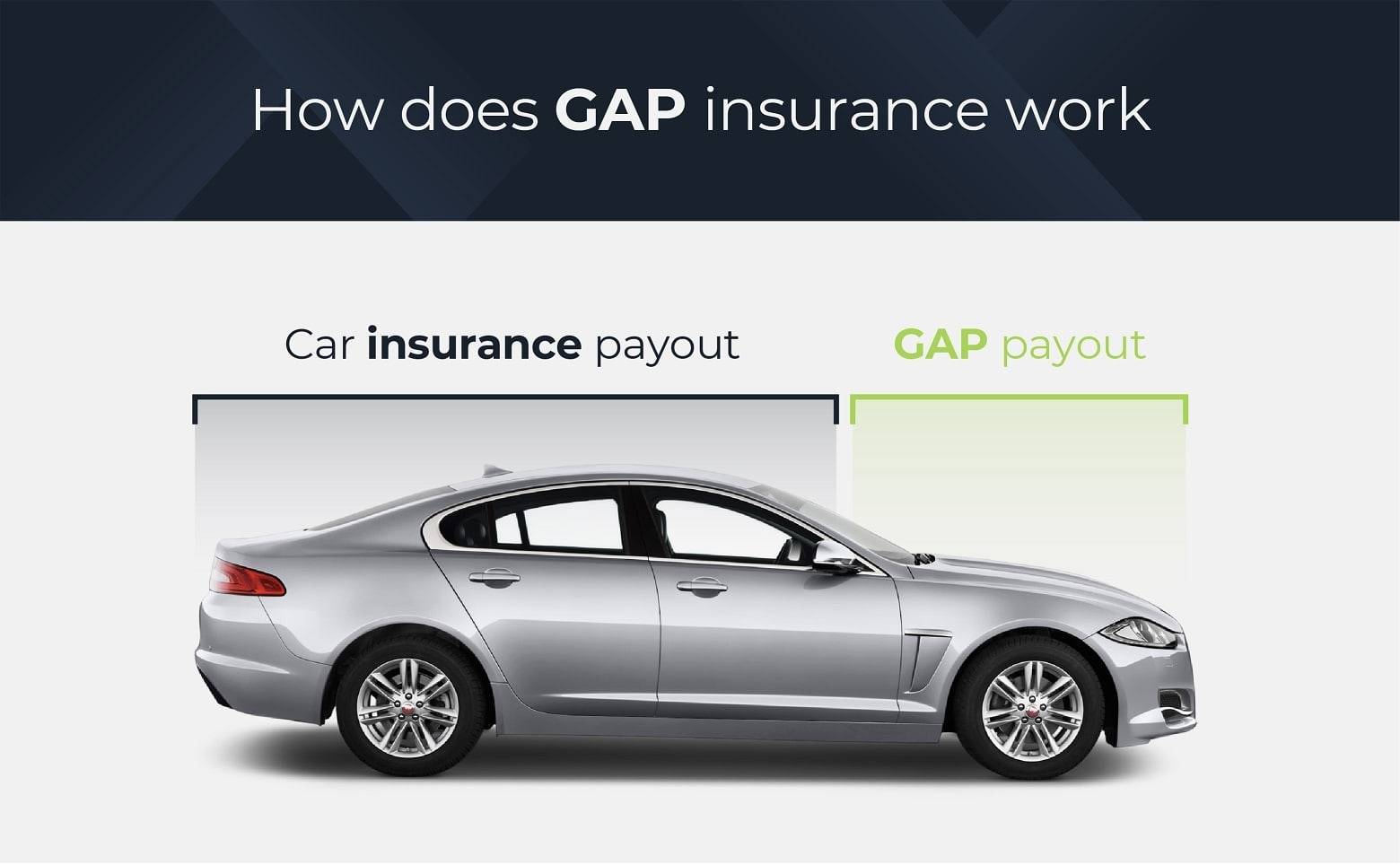

Finance
How Much Is Suboxone Without Insurance?
Published: November 18, 2023
Find out the cost of Suboxone without insurance and explore financing options. Take control of your finances with this comprehensive guide.
(Many of the links in this article redirect to a specific reviewed product. Your purchase of these products through affiliate links helps to generate commission for LiveWell, at no extra cost. Learn more)
Table of Contents
What is Suboxone?
Suboxone is a prescription medication used in the treatment of opioid addiction. It is a combination drug that contains buprenorphine and naloxone. Buprenorphine is a partial opioid agonist, which means it binds to the same receptors in the brain as opioids but produces a milder effect. Naloxone, on the other hand, is an opioid antagonist that blocks the effects of opioids.
Suboxone is primarily used in medication-assisted treatment (MAT), a comprehensive approach that combines medication with counseling and behavioral therapies to help individuals overcome opioid addiction. It helps reduce cravings and withdrawal symptoms, allowing individuals to focus on their recovery and regain control of their lives.
Suboxone is available in the form of sublingual films or tablets that are placed under the tongue for absorption. The medication is prescribed by healthcare professionals who have received the necessary training and certification to administer it.
It is important to note that Suboxone should only be used under medical supervision and as part of a comprehensive treatment program. It is not meant to be a long-term solution for addiction, but rather a tool to aid in the recovery process.
Understanding the Cost of Suboxone Without Insurance
For individuals without insurance coverage, the cost of Suboxone can be a significant factor to consider. The price of Suboxone without insurance varies depending on several factors, including the dosage strength, quantity prescribed, and the pharmacy where it is purchased.
It’s important to note that without insurance, the cost of Suboxone can be quite high. The medication itself is relatively expensive, and the absence of insurance coverage can further add to the financial burden.
One crucial aspect to consider is that Suboxone treatment is typically a long-term commitment. For individuals on a recovery journey, continuity in medication is key. However, the cost of Suboxone without insurance can quickly add up and become a barrier to consistent treatment.
Fortunately, various resources and programs are available to help individuals access Suboxone at a more affordable cost, even without insurance coverage. Pharmaceutical companies often offer patient assistance programs or discount cards that can significantly reduce the out-of-pocket expenses associated with Suboxone.
Additionally, some community health clinics or nonprofit organizations may offer sliding scale fees based on income, making the cost of Suboxone more manageable for individuals who are in need of treatment but lack insurance coverage.
It is worth mentioning that although purchasing Suboxone without insurance may be expensive, investing in the treatment can result in substantial long-term benefits. Overcoming opioid addiction not only improves an individual’s overall well-being but also helps them regain control of their life, relationships, and financial stability.
Therefore, it is essential for individuals without insurance to explore and utilize available resources to make Suboxone more affordable. Seeking guidance from healthcare professionals and reaching out to local organizations specializing in addiction treatment can provide valuable information and support in accessing Suboxone at a reasonable cost.
Factors that Affect the Price of Suboxone Without Insurance
When considering the cost of Suboxone without insurance, there are several factors that can influence the price. Understanding these factors can help individuals better navigate the pricing options and find the most affordable solution.
1. Dosage Strength: Suboxone is available in different dosage strengths, and the price can vary depending on the specific dose prescribed. Higher dosages may be more expensive due to the increased amount of active ingredients.
2. Quantity Prescribed: The quantity of Suboxone prescribed can also impact the cost. Generally, a larger quantity will result in a higher overall price. However, buying in bulk may offer some cost savings in the long run.
3. Pharmacy Pricing: Different pharmacies may have varying pricing structures for Suboxone. It is advisable for individuals to compare prices among different pharmacies to find the most affordable option. Some pharmacies may offer discount programs or savings cards that can help reduce the cost.
4. Geographic Location: The cost of healthcare, including medication, can vary by location. Factors such as local competition, cost of living, and availability of resources can influence the price of Suboxone without insurance.
5. Generic vs. Brand Name: Suboxone is available in both generic and brand name versions. Generic medications are typically less expensive than brand name versions. Opting for generic Suboxone can help reduce the overall cost without compromising the effectiveness of the medication.
6. Patient Assistance Programs: Many pharmaceutical companies offer patient assistance programs for individuals who cannot afford their medications. These programs provide financial assistance or discounts to eligible individuals. Checking with the manufacturer of Suboxone or discussing with healthcare professionals can help identify available options.
7. Availability of Alternative Medications: In some cases, healthcare professionals may prescribe alternative medications that are more affordable. These alternatives may have similar therapeutic effects to Suboxone and can help individuals manage their opioid addiction at a lower cost.
It is important for individuals without insurance coverage to consider these factors and explore all available options to minimize the cost of Suboxone. Open communication with healthcare professionals and pharmacies can provide insight into cost-saving strategies and resources that can make treatment more affordable.
How Much Does Suboxone Typically Cost Without Insurance?
The cost of Suboxone without insurance coverage can vary based on several factors, including dosage strength, quantity prescribed, and geographic location. On average, the price of Suboxone without insurance can range from $170 to $500 for a monthly supply.
It’s important to note that Suboxone is often prescribed as part of a comprehensive treatment program, which includes counseling and other support services. Therefore, the cost of treatment may not solely depend on the medication itself but also on the additional services involved.
The price of Suboxone can be further influenced by the dosage strength. Typically, Suboxone comes in 2mg/0.5mg, 4mg/1mg, 8mg/2mg, and 12mg/3mg strengths. Higher dosage strengths generally come with a higher price tag.
In terms of quantity, Suboxone is often prescribed on a monthly basis. The quantity of Suboxone prescribed can vary depending on the individual’s treatment needs, and purchasing more significant quantities may provide some cost savings in the long run.
Geographic location also plays a role in the pricing of Suboxone without insurance. The cost of healthcare can vary significantly depending on the region, pharmacy competition, and local factors. Urban areas generally have more pharmacy options and potentially lower prices due to the higher level of competition.
In addition to the cost of the medication itself, individuals without insurance should consider the cost of regular doctor visits, counseling sessions, and other support services involved in Suboxone treatment. These additional expenses are crucial for a successful and comprehensive recovery process.
While the cost of Suboxone without insurance may seem high, it is important to remember that investing in effective treatment for opioid addiction can yield significant long-term benefits. Overcoming addiction and regaining control of one’s life can lead to improved overall well-being, increased professional opportunities, and enhanced relationships.
For individuals who are concerned about the cost of Suboxone without insurance, exploring patient assistance programs offered by pharmaceutical companies, seeking out community health clinics or nonprofit organizations that provide sliding scale fees, or discussing financial options with healthcare professionals are all viable strategies to make treatment more affordable.
It is also worth noting that even with insurance coverage, individuals may still have co-pays or out-of-pocket expenses associated with Suboxone. Therefore, it is essential to review insurance plans and compare pricing options to ensure the most cost-effective solution.
Finding Affordable Suboxone Without Insurance
For individuals without insurance coverage, the cost of Suboxone can be a significant barrier to accessing much-needed treatment for opioid addiction. However, there are several avenues to explore in order to find affordable Suboxone options.
1. Patient Assistance Programs: Many pharmaceutical companies offer patient assistance programs for individuals who cannot afford their medications. These programs provide financial assistance or discounts to eligible individuals. Patients can check the manufacturer’s website or speak to their healthcare provider to explore available options.
2. Generic Suboxone: Opting for generic versions of Suboxone can significantly reduce costs without compromising the effectiveness of the medication. Generic drugs are typically more affordable than brand-name drugs and can be a viable option for those on a tight budget.
3. Pharmacy Discount Programs: Some pharmacies offer discount programs or savings cards that can help reduce the cost of Suboxone. It’s worth shopping around and comparing prices at different pharmacies to find the most affordable option.
4. Sliding Scale Fees: Community health clinics or nonprofit organizations specializing in addiction treatment may offer sliding scale fees based on income. These programs can reduce the cost of Suboxone for individuals without insurance coverage.
5. Telemedicine: Utilizing telemedicine services can provide convenient and potentially more affordable access to healthcare professionals who can prescribe Suboxone. Telemedicine allows patients to have virtual appointments, saving both time and money on transportation costs.
6. Financial Assistance Programs: There may be local or national organizations that provide financial assistance for addiction treatment. These programs can help individuals overcome the financial barrier and make Suboxone more affordable.
7. Community Support Groups: Engaging in community support groups for individuals in recovery can provide valuable information and resources. Peers and support group leaders may have insights into cost-saving strategies and local resources that can help access Suboxone at a more affordable price.
It’s important to note that while finding affordable Suboxone without insurance may require some research and effort, investing in one’s recovery is invaluable. Overcoming opioid addiction can lead to improved quality of life, better overall health, and restored relationships.
Individuals without insurance coverage should also explore options for obtaining insurance, such as Medicaid or state-sponsored healthcare programs. These programs may provide coverage for addiction treatment and significantly reduce the cost of Suboxone.
By being proactive and resourceful, individuals without insurance can find affordable Suboxone options to support their recovery journey. It is essential to seek guidance from healthcare professionals and utilize available resources to make treatment accessible and sustainable in the long term.
Alternative Options for Accessing Suboxone Without Insurance
While the cost of Suboxone without insurance can be a significant challenge, there are alternative options available for individuals seeking access to this vital medication for opioid addiction treatment.
1. State Medicaid Programs: Medicaid is a government-funded healthcare program that provides coverage to low-income individuals. Some states offer Medicaid coverage for Suboxone treatment, including doctor visits and medication costs. Checking eligibility and applying for Medicaid can significantly reduce the financial burden.
2. Federally Qualified Health Centers (FQHCs): FQHCs are community-based healthcare centers that provide comprehensive medical services on a sliding fee scale, based on income. These centers are mandated to provide services to underserved populations, including those without insurance. FQHCs may offer Suboxone treatment at a reduced cost.
3. Local Health Department Programs: Local health departments may have programs in place to provide access to affordable or low-cost addiction treatment services, which may include Suboxone treatment. Contacting the local health department or visiting their website can provide information on available resources.
4. Nonprofit Organizations: Nonprofit organizations focused on addiction recovery and support may offer financial assistance programs or scholarships that can help individuals access Suboxone without insurance. These organizations may also provide counseling services and support groups to complement medication-assisted treatment.
5. CareCredit: CareCredit is a healthcare credit card that can be used for various medical expenses, including prescription medications. Applying for CareCredit can provide individuals without insurance with a flexible payment option for Suboxone and other treatment-related costs.
6. Telemedicine: Telemedicine services offer virtual healthcare visits, including addiction treatment consultations. Utilizing telemedicine can provide individuals without insurance access to healthcare professionals who can prescribe Suboxone, often at a lower cost compared to in-person visits.
7. Local Clinical Trials: Participating in clinical trials for addiction treatment medications, including Suboxone, can be an alternative option for accessing the medication without insurance. Clinical trials often provide the medication free of charge to participants while helping advance medical research in the field of addiction treatment.
It is important for individuals without insurance to explore all available options and resources to make Suboxone treatment affordable. Engaging with healthcare professionals, reaching out to local organizations, and staying informed about potential programs and assistance options in the area are vital steps in accessing Suboxone without insurance coverage.
Remember, recovering from opioid addiction is a journey that requires a comprehensive approach. While medication is essential, it is equally important to seek counseling, participate in support groups, and engage in other forms of therapy to achieve long-term recovery and overall well-being.
Conclusion
Accessing Suboxone without insurance can be a challenge for individuals seeking treatment for opioid addiction. The cost of Suboxone and the associated medical services can create a significant financial burden. However, by exploring various options and resources, individuals without insurance can find affordable ways to access this vital medication.
Understanding the factors that affect the price of Suboxone without insurance, such as dosage strength, quantity, pharmacy pricing, and geographic location, can help individuals make informed decisions. Exploring patient assistance programs, generic Suboxone options, pharmacy discounts, and sliding scale fees can provide opportunities for more affordable treatment.
Alternative options, such as state Medicaid programs, FQHCs, local health department programs, and nonprofit organizations, can also offer avenues for accessing Suboxone without insurance. Telemedicine, CareCredit, and clinical trials are additional options worth considering.
While the cost of Suboxone without insurance may be a challenge, investing in treatment is an investment in one’s health, well-being, and future. Overcoming opioid addiction with the help of Suboxone can lead to improved quality of life, restored relationships, and increased opportunities.
It is crucial for individuals without insurance to actively seek out available resources, engage with healthcare professionals, and leverage community support to find the most affordable Suboxone options. By taking proactive steps and utilizing the assistance programs and resources available, individuals can overcome the financial barriers and embark on their journey to recovery.
Remember, Suboxone treatment is not a standalone solution but should be part of a comprehensive approach that includes counseling, behavioral therapy, and support services. By embracing a holistic approach to recovery, individuals can increase their chances of long-term success and reclaim their lives from the grip of addiction.














